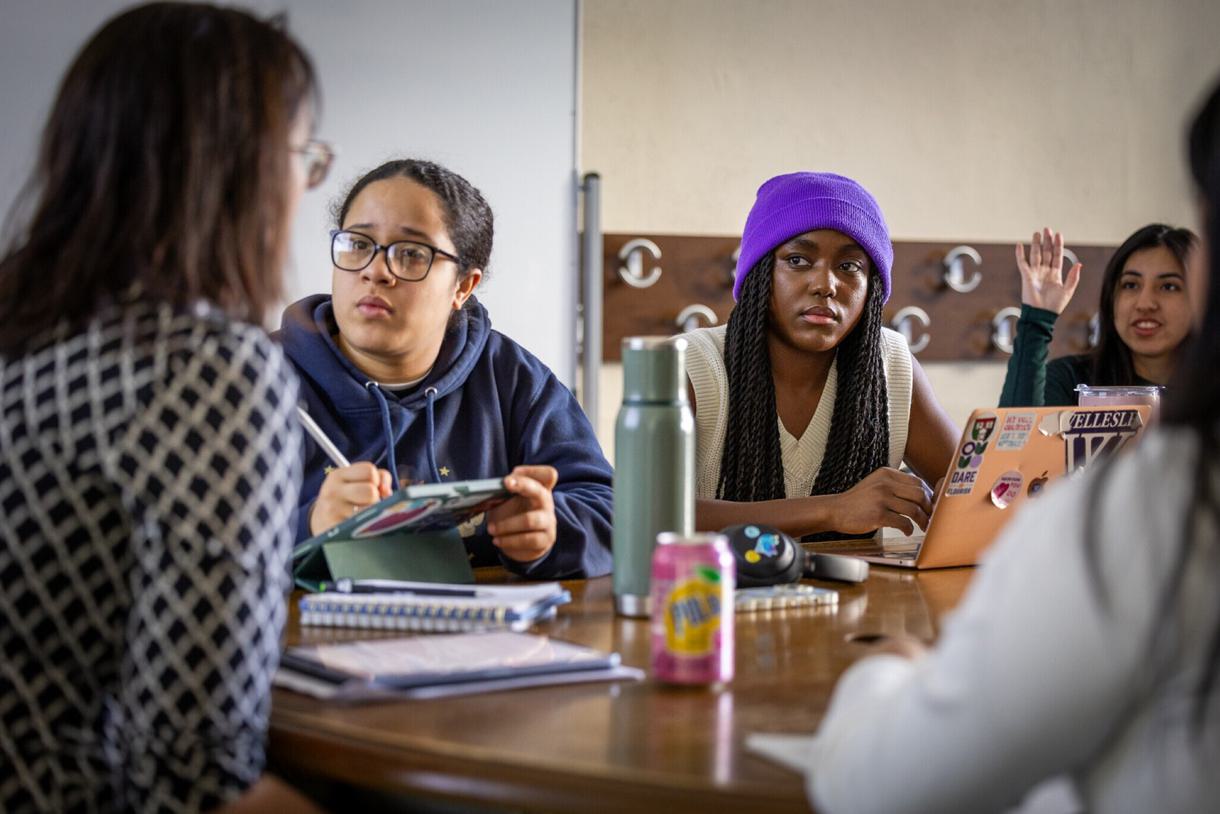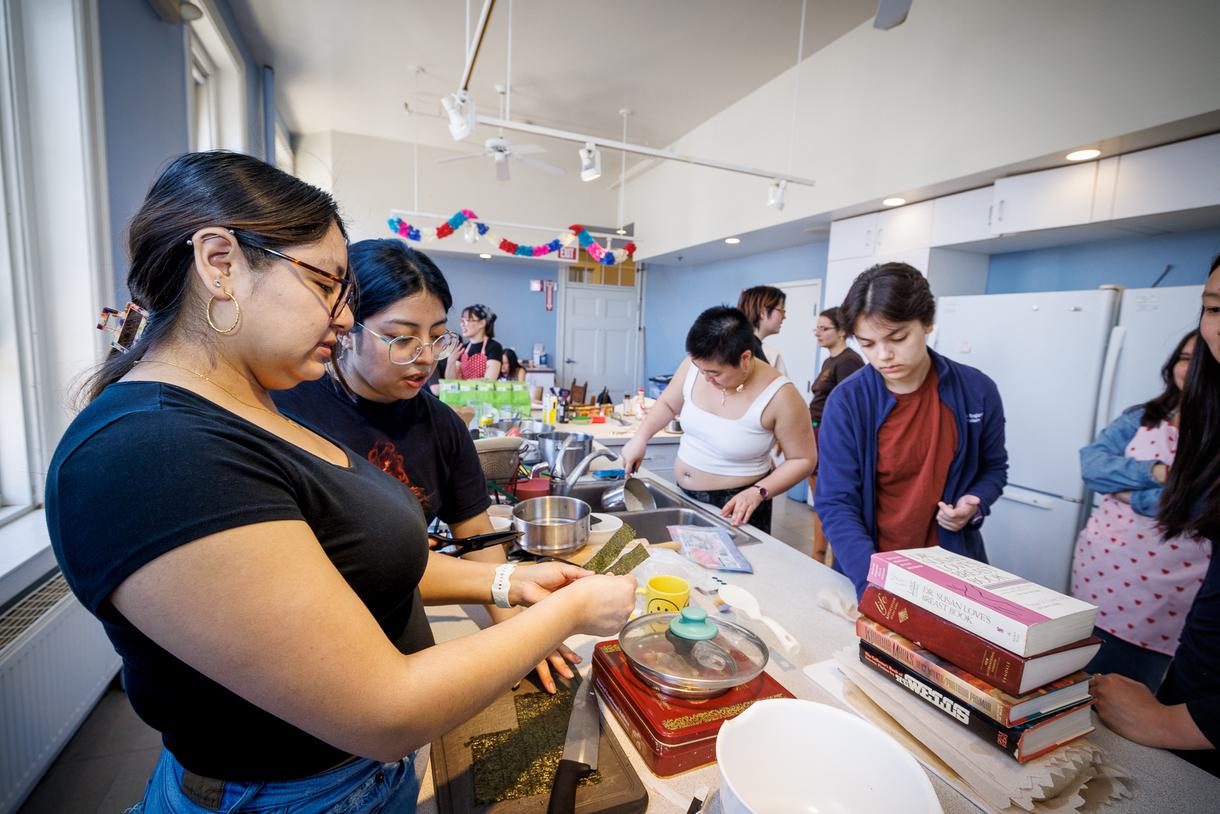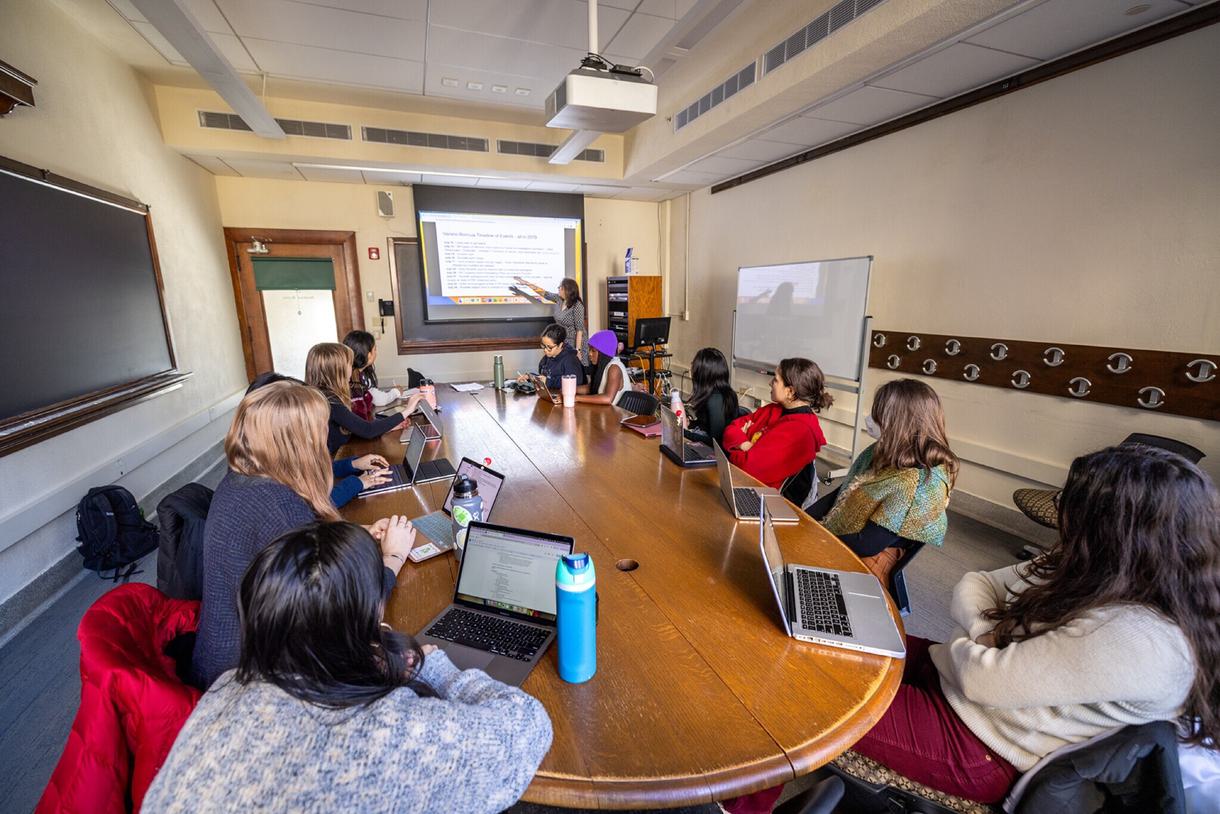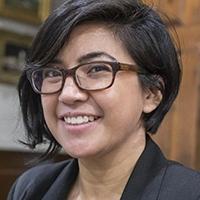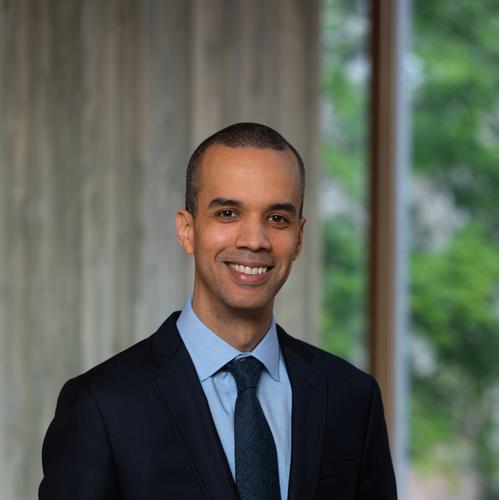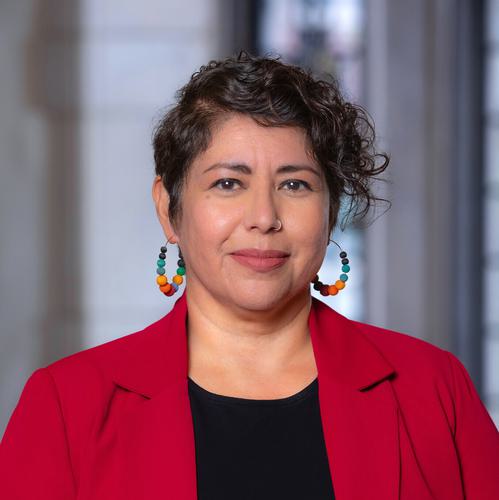American Studies
Academic Department Introduction
American studies explores the history and cultures of the United States and its place in the world. As an interdisciplinary field, American studies encompasses literature, history, art history, media studies, sociology, film studies, and music, among other social science and humanities disciplines. Majors choose a concentration that adds depth and coherence to their coursework. We also offer minors in Asian American studies and Latina/o studies that examine the histories and cultures of these groups within the United States and abroad.
Learning goals
- Understand the United States’ histories and cultures.
- Evaluate the influence and impact of America beyond its borders.
- Examine the racial, ethnic, and religious interactions that define its identity.
Programs of Study
American studies major
Students gain skills as critical thinkers, cogent writers, and skillful researchers on a broad range of topics in American life.
Asian American studies minor
The interdisciplinary Asian American studies minor examines the lives, cultures, and histories of people of Asian descent living in the Americas. It intersects significantly with the study of other minority groups in the United States and with the study of the Asia-Pacific region.
Latina/o studies minor
The Latina/o studies minor focuses on the experiences, cultures, and politics of people of Latin American descent living in the United States. Its interdisciplinary study of social inequalities and racial dynamics overlaps with fields such as Africana studies and Asian American studies.
Course highlights
Asian American Popular Culture
AMST232
This course analyzes the significance of Asian American pop culture. We will investigate cultural constructions of gender, race, ethnicity, class, and sexuality through an examination of various kinds of popular media, including film, music, performance, social media, and art. We will read key works in cultural studies alongside transnational feminist works. Central to this course will be an examination of how popular culture can reproduce and challenge racial, sexual, gender, class, and national identity formations in the United States.
-
First-Year Seminar: Lessons of Childhood: Representations of Difference in Children's Media
AMST102Y-2
From Disney films to Nickelodeon cartoons to Newberry award-winning texts, popular children's media offers us the opportunity to analyze how complex issues of identity are represented in cultural productions aimed at a young audience. This course takes, as a site of analysis, media aimed at children to investigate the lessons imparted and ideologies circulate in popular films and books. How is class drawn in Lady and the Tramp? What are the politics of language at play in Moana? What are the sounds of masculinity in Beauty and the Beast? How does Mulan construct gender, race, and militarism? Using an intersectional frame of analysis, we will trace popular tropes, identify images of resistance, and map out the more popular messages children receive about difference in our world.. This course is intended to provide a supportive learning community for first-generation college students. Students with questions about the course should email the instructor prior to registering. (AMST 102Y and EDUC 102Y are cross-listed courses.) -
Seminar: Bad Bunny: Race, Gender, and Empire in Reggaeton
AMST323
Benito Martínez Ocasio, better known as Bad Bunny, has quickly risen through the ranks to become one of the most significant and impactful global Latin music stars in history. This course explores what analyzing Bad Bunny can teach us in Latinx Studies. We will explore his role in the 2019 protests in Puerto Rico, and what the summer of 2019 teaches us about U.S. empire and Puerto Rican politics. We will also pay particular attention to the politics of race, gender, and queerness in Bad Bunny’s performance. Finally, we will consider Bad Bunny as a Spanish-language “crossover” star in the United States to understand the place of Latinx artists in the U.S. mainstream. Overall, this course will explore these topics by closely situating Bad Bunny’s work in relation to key texts in Latinx Studies regarding race, empire, gender, and queerness.
Research highlights
-
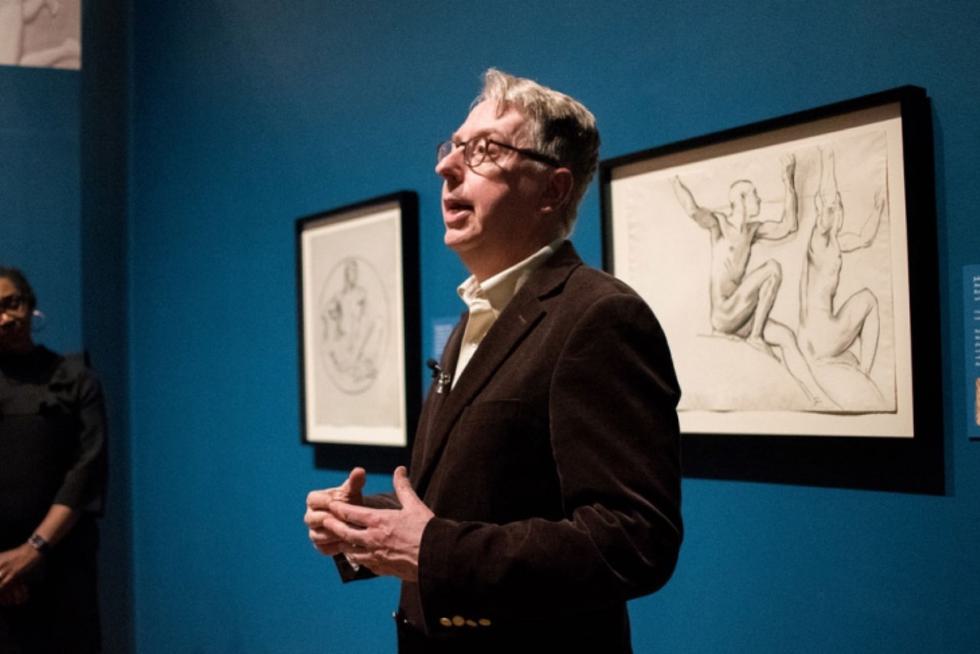
Professor Paul Fisher’s book, The Grand Affair: John Singer Sargent in His World (Macmillan, 2022), was named a Book of the Year by the New Yorker, Wall Street Journal, and Times Literary Supplement. Fisher helped organize the Isabella Stewart Gardner Museum’s 2020 exhibit Boston’s Apollo: Thomas McKeller and John Singer Sargent, and contributed to its catalog, which won the George Wittenborn Memorial Book Award.
-

The Bad Bunny Syllabus, created by Professor Petra Rivera-Rideau and Loyola Marymount University’s Professor Vanessa Diaz, is a free online resource for contextualizing the Puerto Rican reggaetón artist’s rise to superstardom. Using music, podcasts, academic articles, and other media, the syllabus explores reggaetón history and gender politics, as well as topics important to Puerto Rico, such as LGBTQ rights, the debt crisis, Hurricane María, race, and the island’s status as a commonwealth.
-
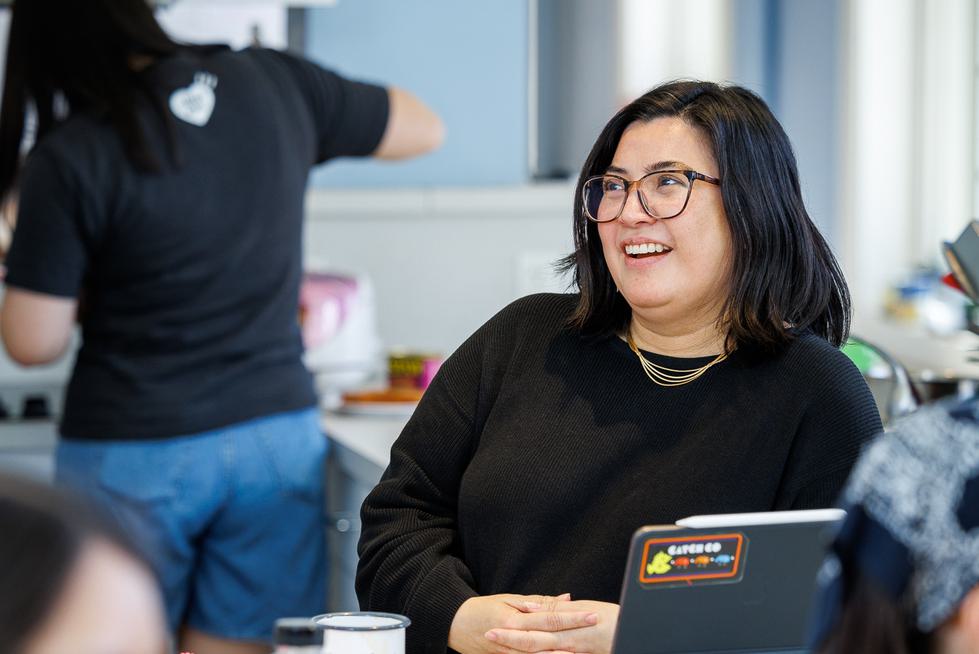
In Beauty Regimes (Duke University Press, 2023), Professor Genevieve Clutario tells the story of how—in an era of overlapping imperial regimes and the rise of Filipino nationalism—empire and beauty work together and gender becomes a guiding lens through which imperial and nation-state aspirations must be understood.
Beyond Wellesley
Beyond Wellesley
Careers of American studies graduates include the law, teaching grades K–12, and nonprofit work. Recent employers include BASIS Charter Schools, Boston Children’s Hospital, and Facebook.
Recent Employers
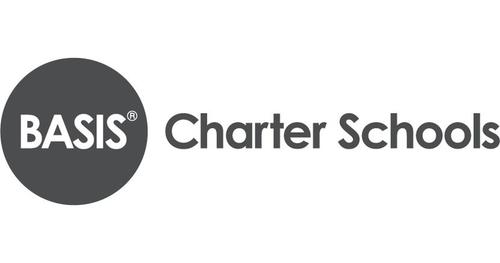





106 Central Street
Wellesley, MA 02481
